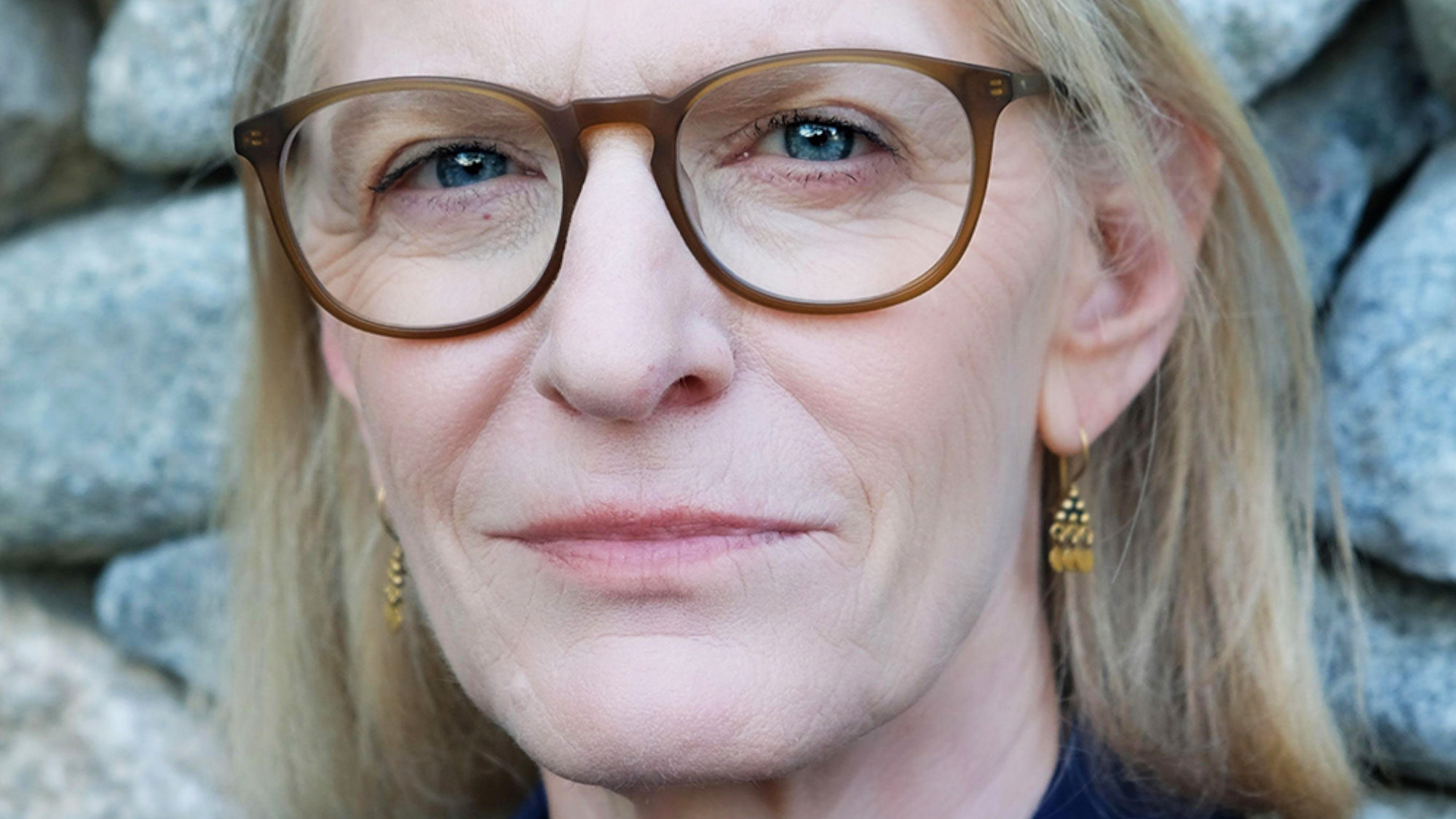Marisa Silver’s 6 favorite books that capture a lifetime
The author recommends works by John Williams, Ian McEwan, and more

A free daily email with the biggest news stories of the day – and the best features from TheWeek.com
You are now subscribed
Your newsletter sign-up was successful
When you make a purchase using links on our site, The Week may earn a commission. All reviews are written independently by our editorial team.
Marisa Silver’s latest novel, At Last, weaves together the life stories of two women whose paths entwine because their children marry. Below, the author of Mary Coin, Little Nothing, The Mysteries, and Babe in Paradise recommends six other “whole life” narratives.
‘Stoner’ by John Williams (1965)
Something I love about the “whole life” novel is how it can dignify the ordinary by suggesting that the simple act of living from one end to the other is an epic feat. John Williams writes straight to the heart of the yearnings, faults, and disillusionments of an unheroic man in this brilliant and shattering novel. Buy it here.
The Week
Escape your echo chamber. Get the facts behind the news, plus analysis from multiple perspectives.

Sign up for The Week's Free Newsletters
From our morning news briefing to a weekly Good News Newsletter, get the best of The Week delivered directly to your inbox.
From our morning news briefing to a weekly Good News Newsletter, get the best of The Week delivered directly to your inbox.
‘The Autobiography of Miss Jane Pittman’ by Ernest J. Gaines (1971)
A narrative of a lifetime inevitably tells the story of the era during which that life is lived. I love this novel, written as an oral history of its protagonist, for the way it elegantly braids historic events with the intimate story of a life. Buy it here.
‘Atonement’ by Ian McEwan (2001)
The thrill of this novel’s metafictional conceit is more than matched by its emotional power. We watch protagonist Briony grow from a passionate and creative little girl into an older writer riven by guilt. McEwan’s novel overall project is a complex investigation into why we make fiction and why we believe in it. Buy it here.
‘Girl’ by Jamaica Kincaid (1978)
This is a short story, and it’s very short: one long 650-word sentence. Although it is nominally about an Anti-guan mother giving her daughter a set of rules to live by so she can survive her racist and misogynistic world, it is also the unspoken story of the mother’s life, a woman who has experienced the very things she warns her daughter about. Buy it here.
‘The Copenhagen Trilogy’ by Tove Ditlevsen (1967–71)
This is a memoir of (not quite) a whole life that underscores something that fascinates me, which is that while we often attach meaning to the story of a life seen in retrospect, we live moment to moment without that sense of meaning. Ditlevsen’s trilogy captures this randomness perfectly. Buy it here.
A free daily email with the biggest news stories of the day – and the best features from TheWeek.com
‘An Artist of the Floating World’ by Kazuo Ishiguro (1986)
The lead character here—a painter who makes propaganda art for Japan during World War II and is ostracized after—is one of Ishiguro’s masterful creations, a man whose efforts to live at a distance from the truth illustrate Japanese social and political history. Buy it here.
-
 The ‘ravenous’ demand for Cornish minerals
The ‘ravenous’ demand for Cornish mineralsUnder the Radar Growing need for critical minerals to power tech has intensified ‘appetite’ for lithium, which could be a ‘huge boon’ for local economy
-
 Why are election experts taking Trump’s midterm threats seriously?
Why are election experts taking Trump’s midterm threats seriously?IN THE SPOTLIGHT As the president muses about polling place deployments and a centralized electoral system aimed at one-party control, lawmakers are taking this administration at its word
-
 ‘Restaurateurs have become millionaires’
‘Restaurateurs have become millionaires’Instant Opinion Opinion, comment and editorials of the day
-
 Kia EV4: a ‘terrifically comfy’ electric car
Kia EV4: a ‘terrifically comfy’ electric carThe Week Recommends The family-friendly vehicle has ‘plush seats’ and generous space
-
 Bonfire of the Murdochs: an ‘utterly gripping’ book
Bonfire of the Murdochs: an ‘utterly gripping’ bookThe Week Recommends Gabriel Sherman examines Rupert Murdoch’s ‘war of succession’ over his media empire
-
 Gwen John: Strange Beauties – a ‘superb’ retrospective
Gwen John: Strange Beauties – a ‘superb’ retrospectiveThe Week Recommends ‘Daunting’ show at the National Museum Cardiff plunges viewers into the Welsh artist’s ‘spiritual, austere existence’
-
 Bad Bunny’s Super Bowl: A win for unity
Bad Bunny’s Super Bowl: A win for unityFeature The global superstar's halftime show was a celebration for everyone to enjoy
-
 Book reviews: ‘Bonfire of the Murdochs’ and ‘The Typewriter and the Guillotine’
Book reviews: ‘Bonfire of the Murdochs’ and ‘The Typewriter and the Guillotine’Feature New insights into the Murdoch family’s turmoil and a renowned journalist’s time in pre-World War II Paris
-
 6 exquisite homes with vast acreage
6 exquisite homes with vast acreageFeature Featuring an off-the-grid contemporary home in New Mexico and lakefront farmhouse in Massachusetts
-
 Film reviews: ‘Wuthering Heights,’ ‘Good Luck, Have Fun, Don’t Die,’ and ‘Sirat’
Film reviews: ‘Wuthering Heights,’ ‘Good Luck, Have Fun, Don’t Die,’ and ‘Sirat’Feature An inconvenient love torments a would-be couple, a gonzo time traveler seeks to save humanity from AI, and a father’s desperate search goes deeply sideways
-
 A thrilling foodie city in northern Japan
A thrilling foodie city in northern JapanThe Week Recommends The food scene here is ‘unspoilt’ and ‘fun’